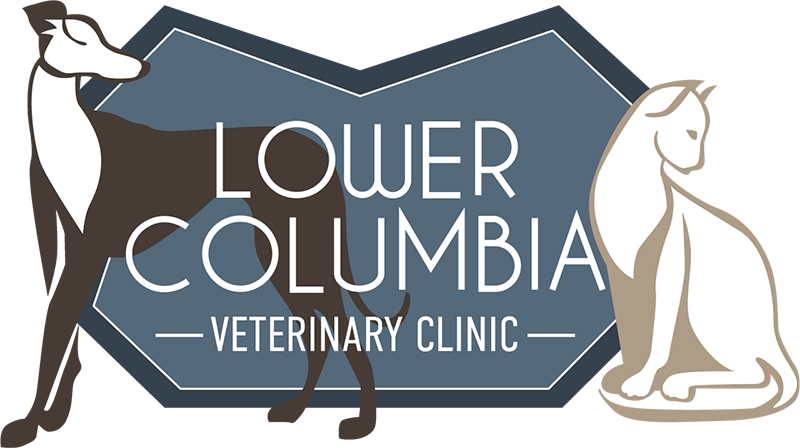Frequently Asked Questions
Lower Columbia FAQs
What are your COVID-19 protocols?
Beginning September 29th, 2021, we will be returning to our curbside practices. This decision was not made lightly but we believe it is the best way we can protect our staff and to be able to continue seeing patients during these difficult times. These changes mean that you and your pet(s) will be remaining in your vehicle and calling the clinic when you arrive for your appointment or to pick up medications. This also means that all parts of our building will be closed, including our restroom, to the public.
What are your payment options?
We take cash, credit cards, and Carecredit. Learn more about Carecredit here.
Are you open on the weekends?
What type of pets do you see?
Post-Anesthesia FAQs
What should I do when my pet arrives home after their operation?
After arriving home, you should keep your pet warm and comfortable by providing a soft clean bed, ideally in a quiet and draft-free room. Unless otherwise instructed, offer small amounts of fresh water and a small amount of food after leaving the hospital. Please keep your pet indoors overnight or longer if instructed. You should discourage jumping or any activity that will cause excessive stretching of the wound, especially during the first few days after surgery.
My pet seems very sleepy, is this normal?
Why has my pet’s foreleg been shaved?
My pet has developed a slight cough since the operation. Is this anything to worry about?
What should the wound look like, and when should I be concerned?
Lickers, Chewers, and Chewed-out Stitches…
When do the stitches need to be removed?
In general, most surgical cases (spays and neuters) have intradermal sutures and do not need to be removed. Sometimes sutures or staples are removed 10-14 days after the operation, depending on the type of surgery performed. You will be instructed regarding the most appropriate time for sutures to be removed.
My pet has bruising after his neuter procedure. Is that normal?
They forgot to neuter my pet!
- Male hormones can last several weeks.
- Males can store viable sperm for up to several days to several weeks
